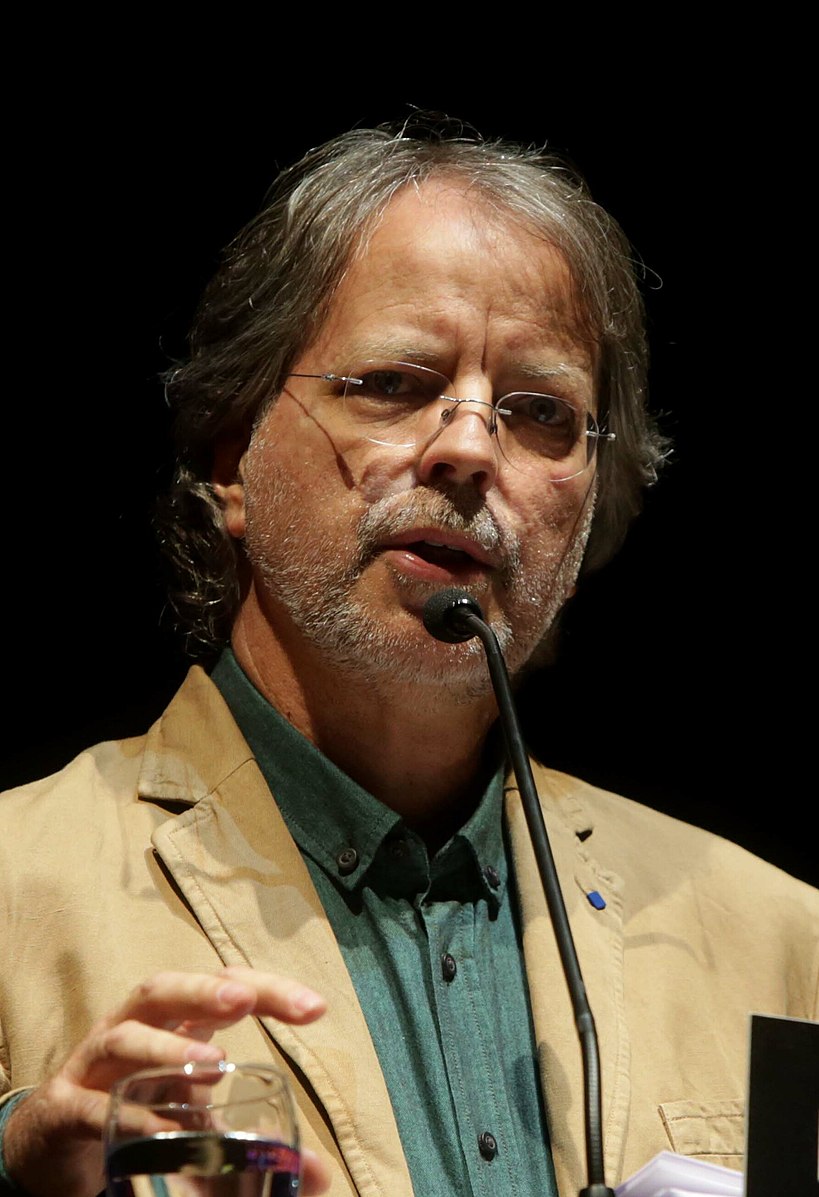
In a recent interview with BBC Africa, renowned Mozambican author Mia Couto, reflected on the deep divides within the African literary scene. In this interview, he says that a lot more work still needs to be done to bridge Africa’s linguistic and cultural divides. Couto is known for novels like Sleepwalking Land and The Last Flight of the Flamingo which blend magical realism and the harsh realities of Mozambique’s post-independence civil war.
In many African countries non-indigenous languages such as English, French, Portuguese or Spanish are the official languages. Couto believes that this language split limits the flow of literary culture across Africa.
We don’t know each other and do not publish our own writers inside our continent because of the borderlines of colonial language such as French, English, and Portuguese…We have inherited something that was a colonial construction, now “naturalized”, which is the so-called Anglophone, so-called French-speaking and so-called Lusophone Africa…We need to get out of these barriers. We need to give more importance to the encounters that we have, as Africans and among Africans.
Couto is echoing a longstanding debate in 20th-century African literature, spearheaded by writers like Ngugi wa Thiong’o, who criticize the ways in which colonial legacies continue to create political and cultural borders and limit literary exchange.
Couto also calls out the influence of Europe and the United States on the continent’s writers. He laments that many African authors look to the West for validation and direction rather than remaining connected to Africa’s heritage. “We are ashamed to celebrate our own diversity and relationship with our gods and ancestors,” he says, calling for a pride in Africa’s cultures, ceremonies, and religion. For Couto, the disconnect from the continent’s own rich cultural heritage is a barrier that must be overcome to allow African literature to thrive without Western approval.
In terms of advice for emerging African writers, Couto calls for empathy and deep listening. “Listening is not just listening to the voice or looking at the iPhone or the gadgets,” he explains. “It’s more about being able to become the other.” This capacity for transformation, for entering into the lives of others through writing, is what Couto says is essential for the next generation of African storytellers.
****************
Image by Fronteiras do Pensamento via Wikipedia.


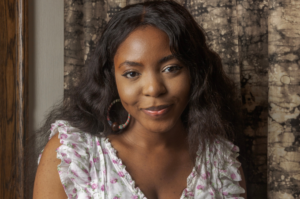
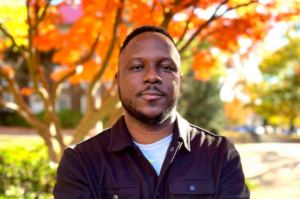
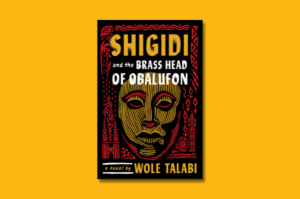
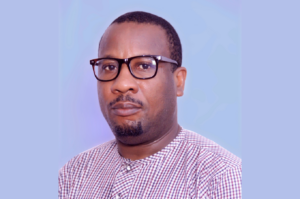

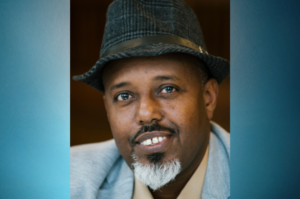

COMMENTS -
Reader Interactions